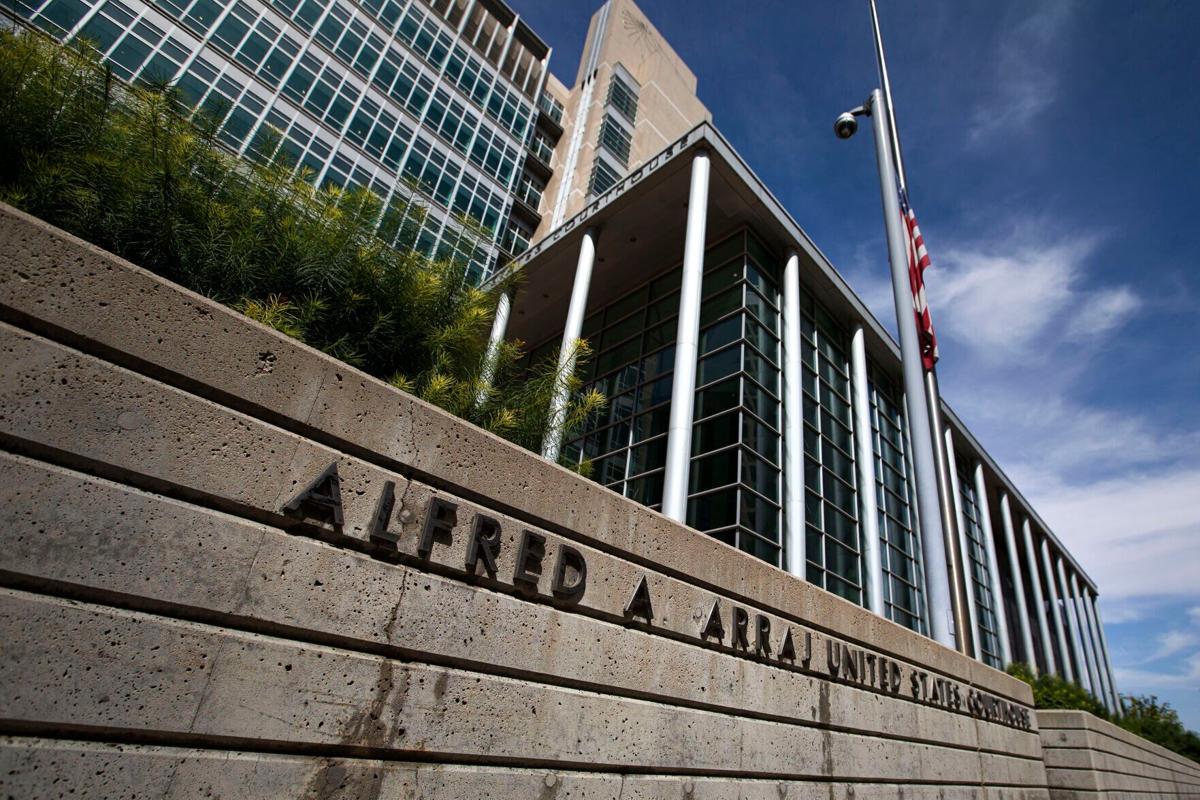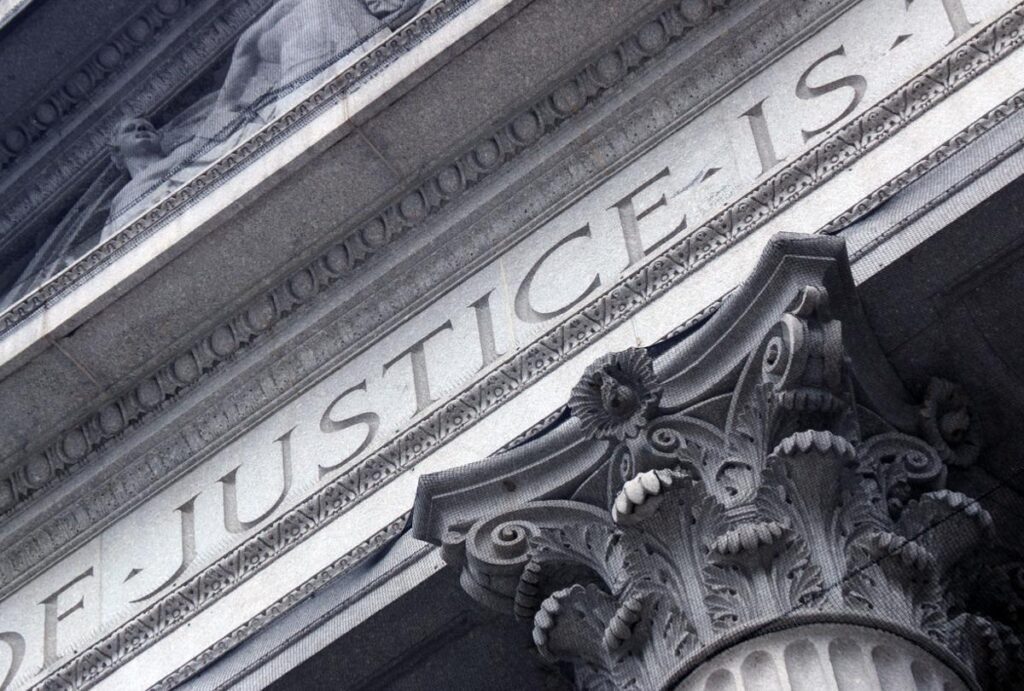Federal judge advances convicted man’s lawsuit over $3,406 still in Denver’s possession
A federal judge this month agreed an incarcerated man may proceed to sue Denver and the commander of its major crimes division for refusing to return $3,406 that authorities confiscated after his arrest 20 years ago.
Jurors convicted Brian Hicks of murder in 2011. Originally, police arrested Hicks in 2005 and charged him with attempted murder. However, prosecutors dismissed the charges after a key witness was slain. A grand jury indicted Hicks in 2008 for ordering a hit on the witness to prevent her from testifying in the original case. He is serving life in prison as a result of his conviction.
Afterward, Hicks requested that state courts return property confiscated during his 2005 arrest. Chief Deputy District Attorney Timothy R. Twining conceded the $3,406 in cash had no value as evidence and he asked a judge to credit it against the crime victim restitution Hicks owed.
Although several items were ultimately returned to Hicks, District Court Judge Kandace C. Gerdes declined to order the return of his cash and believed she had no authority to deduct the amount from his restitution.
A three-judge Court of Appeals panel, by 2-1, ruled in 2019 that Gerdes had no authority to even hear the return-of-property request after Hicks’ sentencing. Seventeen months after the decision, the state Supreme Court addressed the confusion that existed in the lower courts by deciding judges in criminal cases do have the ability to resolve such motions after all.

FILE PHOTO: The Ralph L. Carr Colorado Judicial Center in downtown Denver houses the Colorado Supreme Court and Court of Appeals.
Michael Karlik / Colorado Politics
By that time, Hicks had already filed suit in federal court, alleging a violation of his constitutional rights. In addition to seeking the return of his money through the courts, Hicks allegedly sent a letter to the Denver Police Department and the commander of the major crimes division, Mark Chuck, requesting the cash. He never received a response.
“By continuing to withhold Mr. Hicks’s funds under the pretext of The City’s ‘property held as evidence’ policies,” wrote Hicks, representing himself, “the custodian and the DPD defendants knew or should have known, that such actions would violate Mr. Hicks’s property rights.”
The defendants — which included the city, Chuck and Twining, the prosecutor — moved to dismiss Hicks’ claims, arguing among other things that Hicks should follow the procedure the state Supreme Court subsequently recognized.
Last July, U.S. Magistrate Judge James P. O’Hara of Kansas, who briefly filled in on Colorado’s federal trial court, rejected that argument, noting Hicks had already tried that method once and the Court of Appeals sided against him.

FILE PHOTO: The Alfred A. Arraj federal courthouse in Denver
Timothy Hurst, The Denver Gazette file
O’Hara concluded that Twining was covered by immunity for his participation in the judicial process, and dismissed Hicks’ claims against him. O’Hara also dismissed the claim that the defendants violated the constitutional prohibition on unreasonable seizures, considering police lawfully seized Hicks’ money during his arrest.
However, O’Hara agreed Hicks had credibly alleged his due process rights were violated from the government continuously depriving him of his property. Hicks alleged that Chuck and other police officials “had the final authority over property retention decisions, and that Denver offered no meaningful avenues of review of their decisions,” wrote O’Hara.
Chuck could also be held liable, O’Hara continued, because it was clearly established government officials cannot withhold the property of criminal defendants where state law does not require them to retain it as evidence.
Hicks objected to the portions of O’Hara’s recommendation dismissing his claims, but U.S. District Court Judge Charlotte N. Sweeney upheld O’Hara’s analysis. In an April 4 order, she agreed Hicks’ claims did not implicate his right to be free from unreasonable seizures.
“Plaintiff does not argue that the initial seizure of the money was unlawful; he argues that Defendants’ retention of the money is unlawful,” she explained. “Thus, Plaintiff’s claims arise under the due process clause.”
The case is Hicks v. The City and County of Denver et al.








